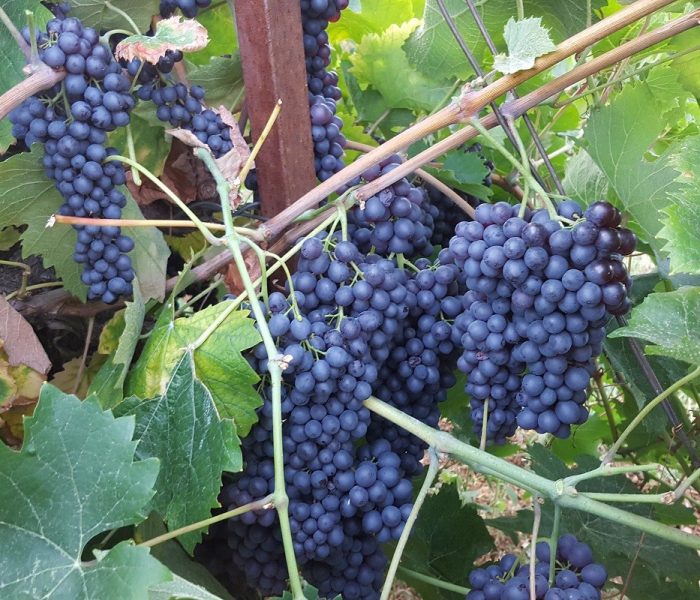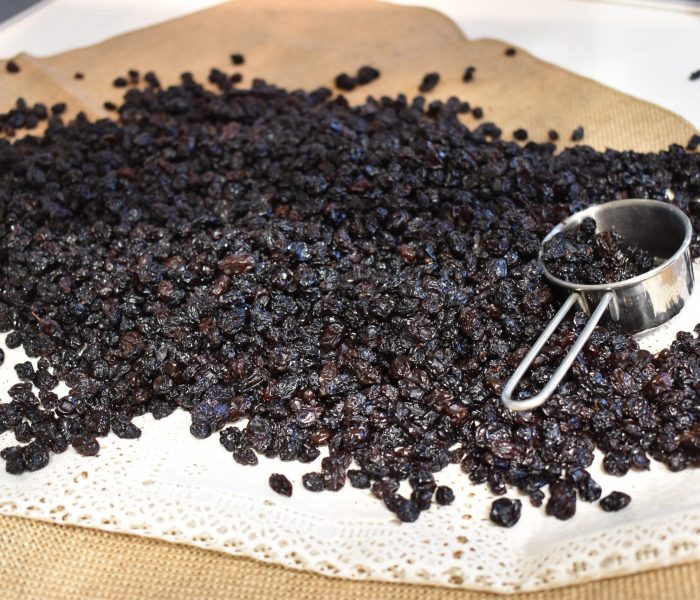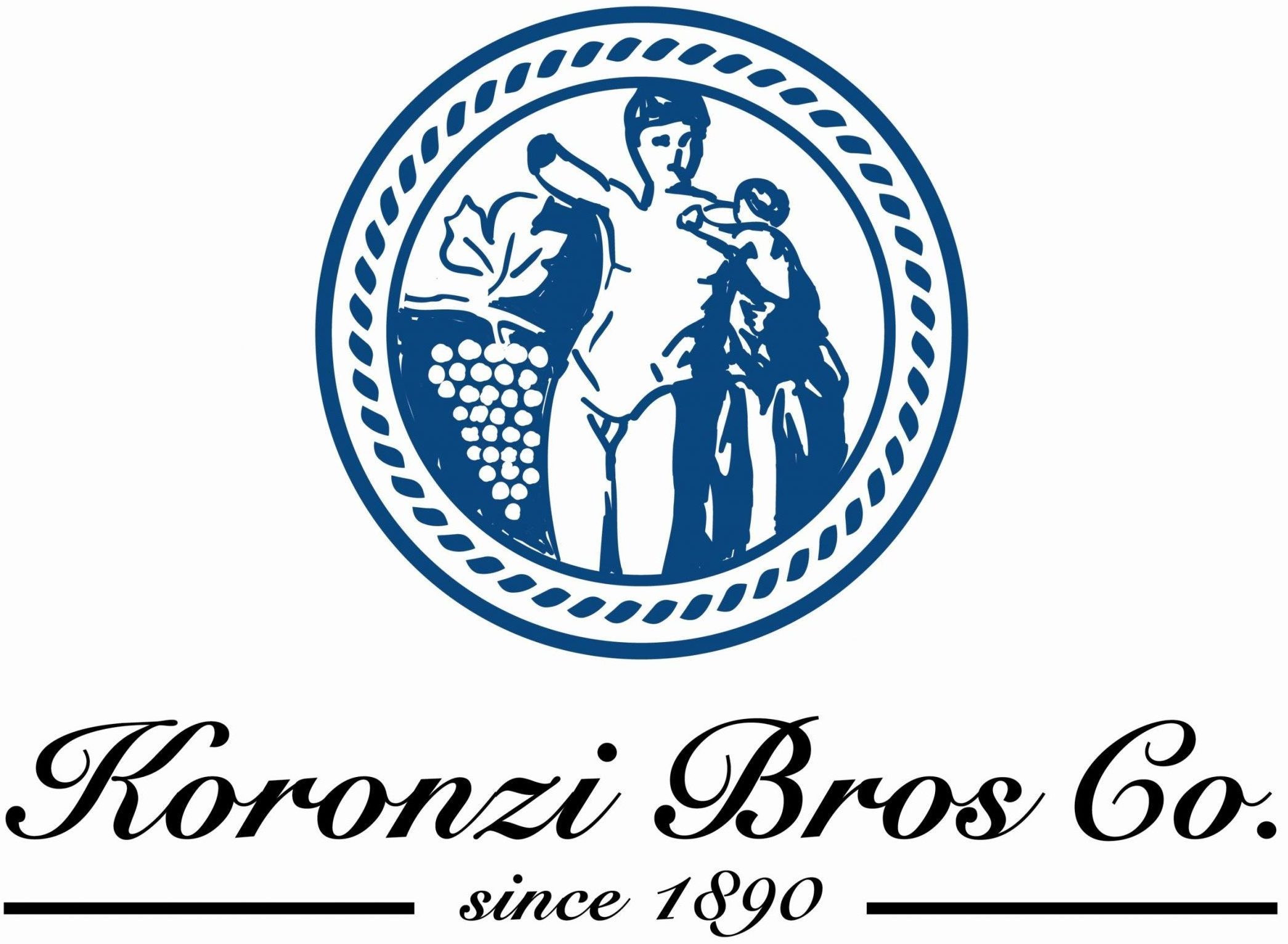Greek Corinthian Currants
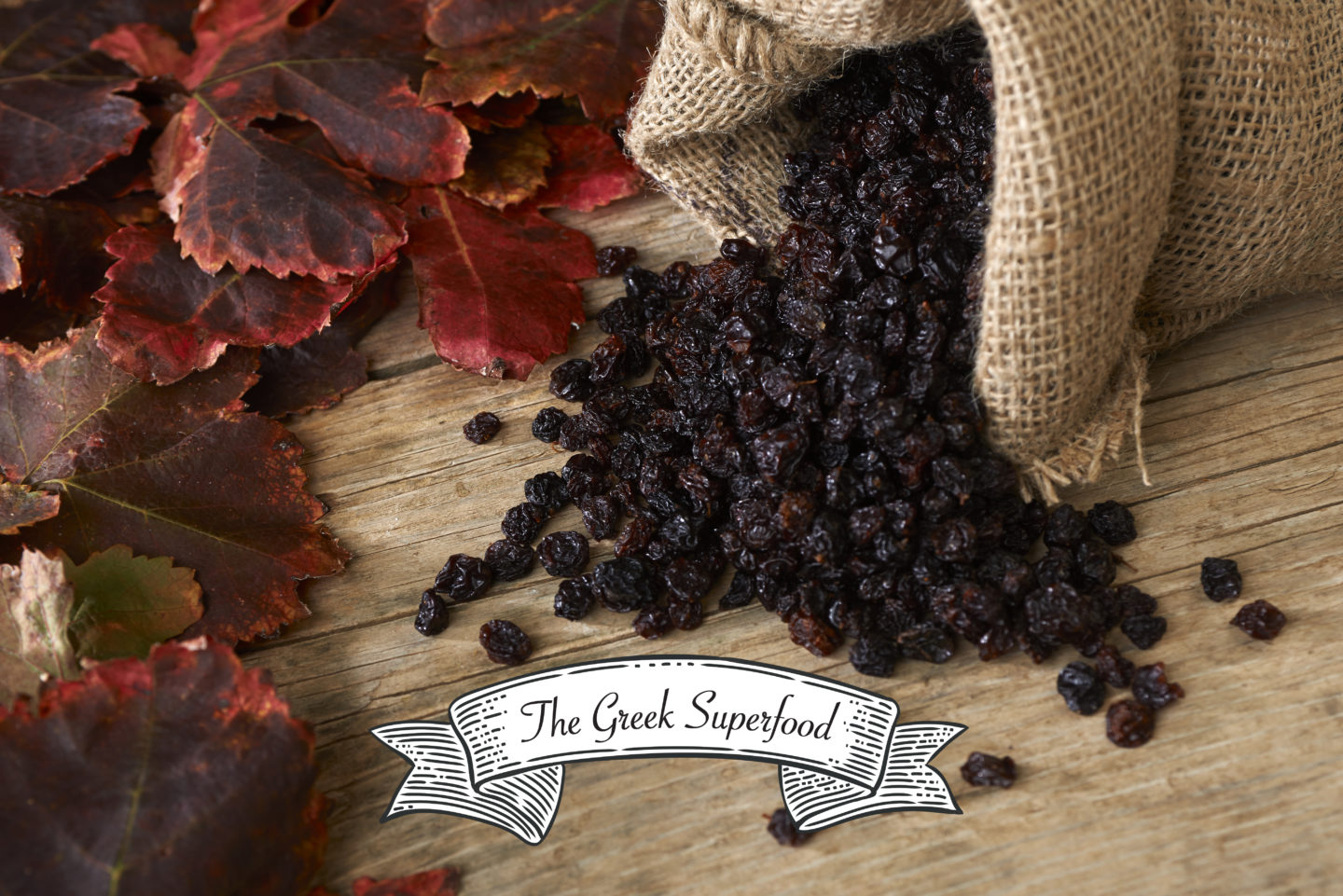
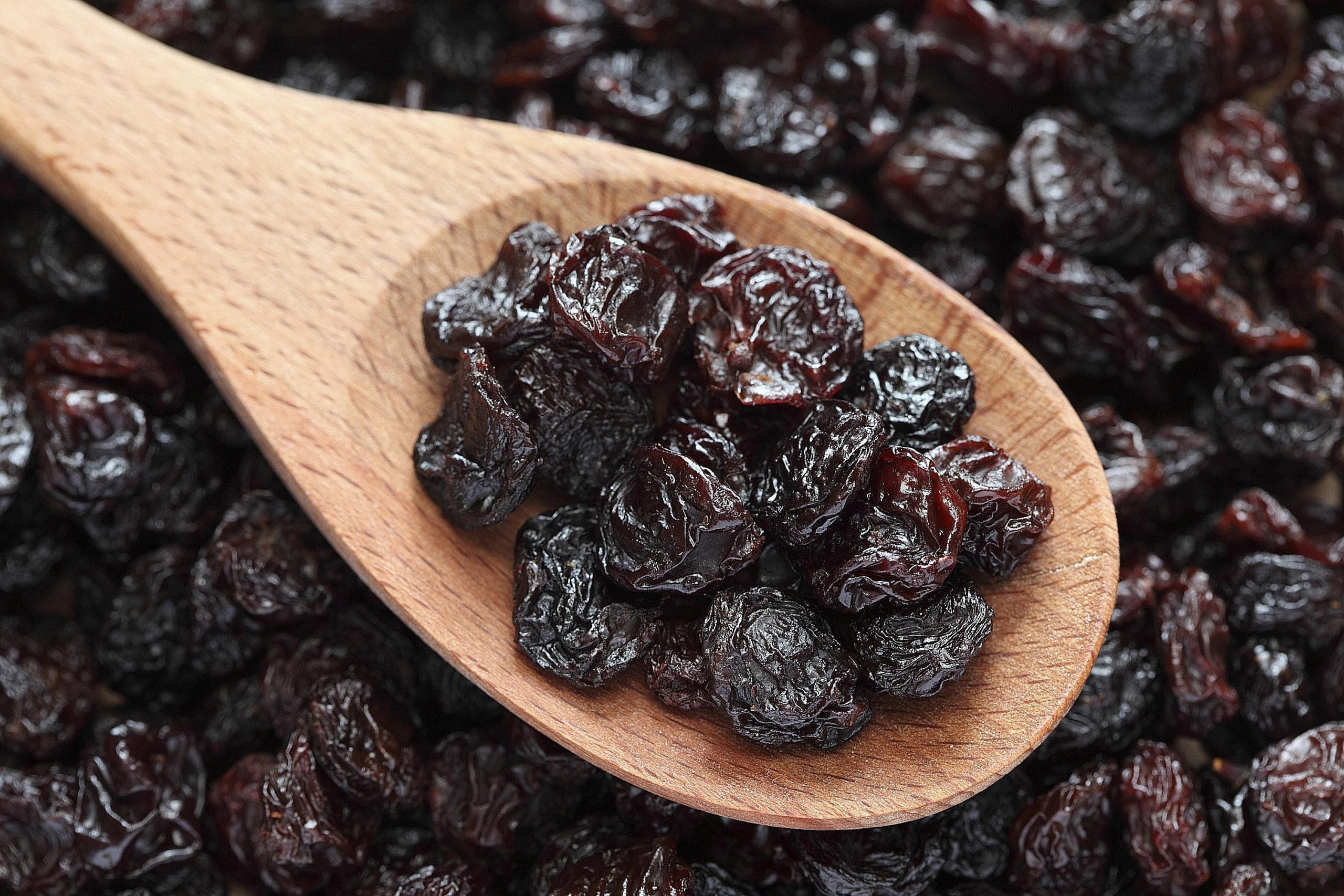
We source raw materials from family cultivations and selected growers that supply us only with the best quality.
The company applies traceability system since many decades and our Quality manager is checking personally every stage of the process.
We are able to track immediately and block problematic incoming raw material.
We ship Greek Corinthian Currants worldwide sourced by all areas of production in Greece.
Nutritional Declaration
|
Parameters of Analysis |
Result | Units | Detection Limit |
| Gross Calorific Value | 399,9 | Kcal/100gr | – |
| Gross Calorific Value | 1671,6 | Kj/100gr | – |
| Fat | <0,1 | gr/100gr | 0,1 |
| Mono-Saturated Fats | <0,1 | % of total fat | 0,1 |
| Saturated Fats | <0,1 | % of total fat | 0,1 |
| Poly-Unsaturated Fats | <0,1 | % of total fat | 0,1 |
| trans Fats | <0,1 | % of total fat | 0,1 |
| Carbohydrates (total) | 97,5 | gr/100gr | 0,1 |
| Total Dietary Fibre | 0,3 | gr/100gr | 0,1 |
| Proteins | 2,1 | gr/100gr | 0,1 |
| Vitamin A (Retinol) | <5,0 | mg/100gr | 0,1 |
| Vitamin B1 (Thyamin) | <20,0 | mg/100gr | 0,1 |
| Vitamin B2(Riboflavin) | <20,0 | mg/100gr | 0,1 |
About Greek Corinthian Currants
The importance of currants as a commercial product seems to have roots in antiquity, as it was used in order to exchange for the purchase of a slave, and was also offered as a reward and as a treatment to various diseases.
The currant, is nothing more but the dried form of grapes.
Grown in the summer months, they are dried naturally under the sun on the vines. The traditional way of preparing them is spreading them down to the ground and turning them every 7-10 days for about 3 weeks.
When and where did currants originate?
Currants were probably “discovered” by an ancient man the first time they found them dried on the vine. The Phoenicians planted vineyards around Malaga and Valencia (Spain) and in Corinth (Greece), between 120 and 900 B.C. Around the same time, the Armenians were starting their vineyards in Persia.
How and when are the grapes dried?
In late August, grapes are hand picked, laid on rows of poly paper trays in the vineyard and naturally dried under the sun. After two to three weeks, a fresh grape becomes a sun-dried currant.
How many grapes does it take to make a pound of currants?
Four pounds of fresh Grapes yield one pound of currants.
What is the best way to store currants?
Cool storage is the best way to keep currants. After the package has been opened they should be put in a sealed container and refrigerated. Currants will retain their flavor, color, and nutritive value if stored in a dry and cool place. They can be kept even longer if frozen. Currants will thaw quickly at room temperature.
Are currants good for you?
Yes! Not only are currants a good source of fiber, potassium, iron, calcium, and certain B vitamins, but they are also fat free and cholesterol free. Currants are also a very rich source of antioxidants. They contain only Natural sugar for Natural Energy. No preservatives are used to keep them fresh.
Why should you add Greek Currants in your diet?
Their positive effect on our health lies in the fact that they contain antioxidants, fiber, potassium, selenium, vitamin A, B vitamins and iron.
The antioxidant properties, enhance the immune system and protect cells from degeneration brought about by physiological processes of oxidation that lead to aging and eventually death.
The fiber present in currants improve bowel function combating constipation and also help lower cholesterol and reduce the risk of rectal cancer.
The iron contained in plant form, helps prevent iron deficiency anemia.
Potassium is a mineral that regulates the sodium levels in the body thereby reducing the symptoms of detentions and also helps to lower blood pressure.
The B vitamins are essential for many key functions of our body, such as metabolism, energy production, the production of red blood cells as well as help improve memory, concentration and mood.
Vitamin D is important for vision, growth and reproduction as well as serving other functions in the human body.
Selenium is a trace mineral that our body needs in small amounts. This when ingested protein bound and forms the selinioproteines, which have antioxidant properties and protect against cancer and cardiovascular disease, regulate the function of the thyroid gland and contribute to the immune defense system.
Finally, it is worth mentioning that the currants have antimicrobial properties that prevent the development of caries, gingivitis and plaque.
